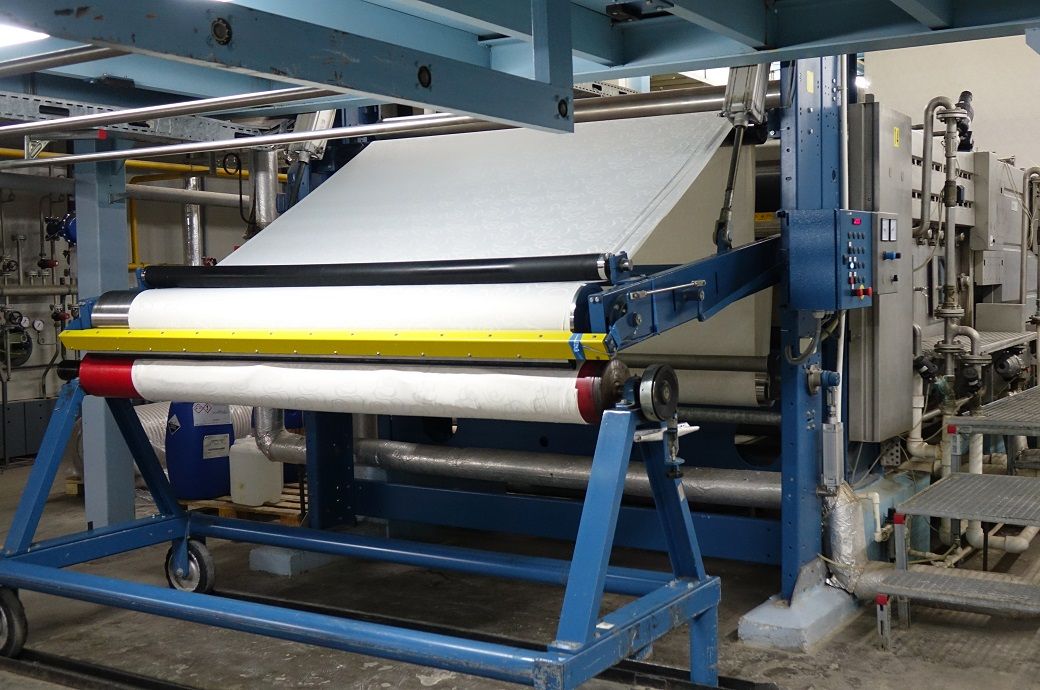
However, slower rates of contraction tentatively suggested that the worst of the sector’s slump has passed. Indeed, some parts of the euro area even recorded an expansion in output in January.
Albeit the manufacturing PMI is still below the 50 mark, and therefore indicative of a worsening in the health of the euro area manufacturing sector, it was the highest reading since last August, as per S&P Global.
Meanwhile, stocks of finished goods declined for the first time since May last year, while pre-production holdings were unchanged, reflecting manufacturers’ efforts to align inventories with the prevailing economic environment. Indeed, purchasing activity continued to decline, while suppliers’ delivery times were broadly stable. These two factors helped reduce cost pressures across the euro area, with input price inflation slowing to a 26-month low. That said, output charges increased at a faster pace.
Of the eurozone countries monitored by the survey (which account for an estimated 89 per cent of total manufacturing activity), respective manufacturing PMIs rose across the board at the start of the year. Indeed, in the cases of France and Italy, sector conditions improved marginally when compared to December. The manufacturing PMI for Ireland recorded fractionally above the 50 mark, signalling broadly no change overall. Elsewhere, although operating conditions worsened again, rates of deterioration slowed.
Eurozone manufacturing output continued to fall in January, extending the current sequence of contraction which began in mid-2022. However, the decline was marginal and the slowest in seven months. Weak demand pressures were cited as the principal drag on production schedules, anecdotal evidence showed.
January survey data showed new orders falling solidly and at a markedly faster pace than that for output. Particularly sharp falls in new factory orders were seen in Austria and Germany. Overall order books were also dragged lower by sales performances in overseas markets, with new export business falling for an eleventh month in a row. The reduction in total sales was a reflection of generally subdued client demand, although some companies remarked on the negative effects of inflation and uncertainty. That said, the overall new orders decline was the weakest since May 2022.
With volumes of incoming new work falling quicker than production, eurozone manufacturing backlogs fell at a strong rate during January. This marked an eighth successive monthly decline in orders pending completion. That said, factory employment levels rose, with the rate of jobs growth picking up slightly to a three-month high.
Meanwhile, January survey data showed stocks of finished goods falling for the first time since May 2022 as companies adjust their inventories to align with prevailing demand conditions. Stocks of purchases were unchanged, ending a 17-month sequence of accumulation.
Another month of broadly stable supply-chain conditions was seen in January, with the respective seasonally adjusted index posting just below the 50 no-change mark. Reduced pressures on lead times came amid a further marked drop in purchasing activity. These factors also partly explained a further easing of input cost inflation, which dropped to a 26-month low and was below its historic average. However, selling prices increased at a slightly faster pace, although inflation here was well below the 2022 trend.
Lastly, there was a notable improvement in business confidence during January. Growth expectations were at their strongest since February 2022, prior to Russia’s invasion of Ukraine.
Fibre2Fashion News Desk (DP)